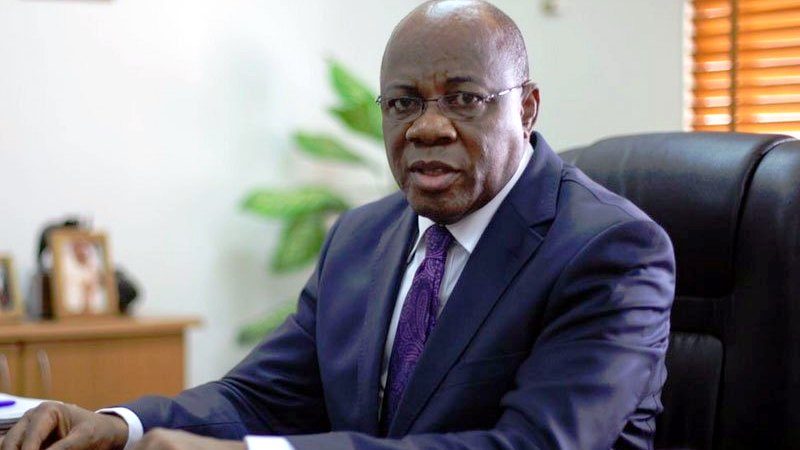Nigeria Begins 2025 Oil Licensing Round December
Nigeria Begins 2025 Oil Licensing Round December
The Nigerian Upstream Petroleum Regulatory Commission (NUPRC) has announced the commencement of the 2025 Licensing Round, effective December 1, 2025.
The NUPRC Chief Executive (CCE), Mr. Gbenga Komolafe, made the announcement at the NUPRC’s Project One Million Barrels Per Day (1MMBOPD) Additional Production Investment Forum in London on Tuesday.
Komolafe, in a statement by NUPRC’s Head of Media and Strategic Communication, Eniola Akinkuotu, said the announcement was in line with the Petroleum Industry Act (PIA 2021).
He said the announcement followed the approval of President Bola Tinubu who doubles as the Minister of Petroleum Resources.
“We are announcing that we are ready, following the approval of the Minister of Petroleum Resources in line with the PIA to commence the 2025 licensing round beginning from December 1, 2025,” the CCE said.
At the forum, which was attended by the chief executive officers of oil companies, bank representatives and potential investors, he said funding remained the biggest challenge in Nigeria’s upstream sector.
According to him, the commission as a business enabler has planned to tackle challenges by connecting interested parties.
He, therefore, said the event was put together to connect all stakeholders in order to make the additional one million barrels a reality.
“One of the factors that affected business is that activities were happening in silos but the NUPRC now realises the need to bring everyone together.
“We want you all to network. Bank of America is here as well as representatives of other banks,” he said.
Komolafe said the reforms initiated by the President Tinubu’s administration had improved Nigeria’s economic metrics.
He said crude production now averaged 1.71mbpd with a peak daily output of 1.83mbpd, evidence of tangible progress.
The CCE said 46 Field Development Plans had been approved from January 2025 till date, representing immediate investment commitments and production growth potential.
He said the rig count had grown to over 60 out of which at least 40 were active.
He disclosed that this was the best time for existing investors to deepen their stake in Nigeria.
“The drive to reach and sustain one million barrels per day in incremental capacity and beyond will require Floating Production, Storage and Offloading units for cluster developments.
“It will require Floating Storage and Offloading vessels for crude evacuation and storage; and a variety of Modular Offshore Production Units and Early Production Facilities to enable early production and accelerated monetisation.
“All these need investments and the prospects are here in Nigeria,” he added.
Speaking earlier, the Chairman, House of Representatives Committee on Petroleum Resources (Upstream), Mr. Alhassan Doguwa, promised investors that his committee would not push any legislation that would undermine investments.
Doguwa, while saying that the Petroleum Industry Act, 2021 would not be tampered with arbitrarily, reaffirmed the House of Representatives’ commitment to resist any arbitrary changes that would undermine investments.
His counterpart in the Senate, Senator Eteng Williams, also promised investors that Nigeria’s legislature would continue to pass business-friendly laws and urged investors not to fret. (NAN)
The Nigerian Upstream Petroleum Regulatory Commission (NUPRC) has announced the commencement of the 2025 Licensing Round, effective December 1, 2025. The NUPRC Chief Executive (CCE), Mr. Gbenga Komolafe, made the
Read more



